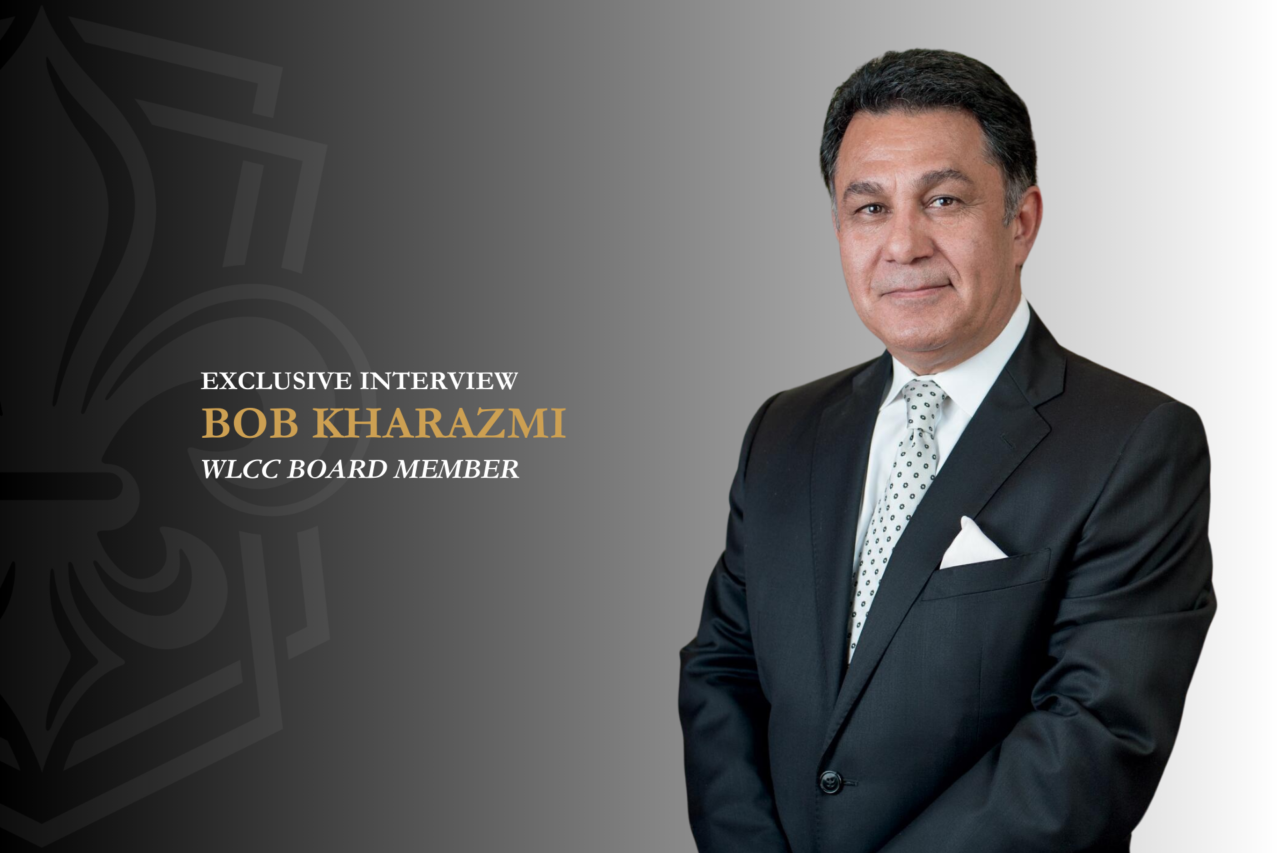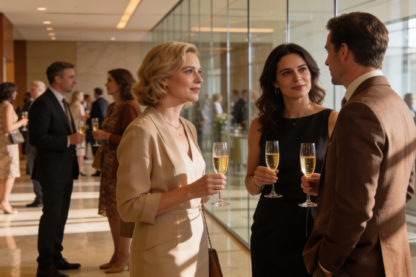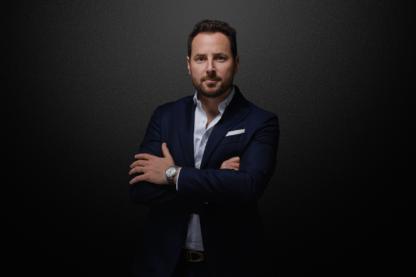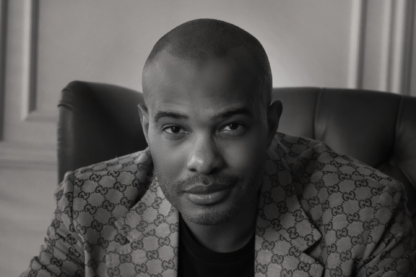As the World Luxury Chamber of Commerce (WLCC) continues to drive innovation and excellence in the global luxury sector, it welcomes Mr. Bob Kharazmi to its prestigious board. With a distinguished career spanning decades in the luxury hospitality industry, Mr. Kharazmi has been at the forefront of transformative strategies, market expansions, and service excellence across the United States, Europe, the Middle East, and Asia.
In this exclusive interview, Alexander Chetchikov, President of WLCC, delves into Mr. Kharazmi’s remarkable journey, his insights into the evolving luxury industry, and his vision as a board member of the World Luxury Chamber of Commerce.
Alexander Chetchikov: What inspired you to dedicate your career to the luxury hospitality industry, and how has this passion shaped your professional journey?
Bob Kharazmi: I was introduced to the hospitality industry through a friend who introduced me to the Ritz -Carlton during its early days. I quickly connected with their core values, known as the Gold Standards, which resonated deeply with my own. This alignment inspired me to remain with the company for many years.
As we became part of Marriott International, I had the incredible opportunity to travel the world, opening and operating luxury hotels under the Ritz-Carlton brand and later other brands from Starwood like St.Regis, W, and Luxury Collection. The values instilled by the Ritz -Carlton not only shaped my professional journey but also profoundly impacted me personally.
AC: In your expansive career, you’ve worked across diverse markets such as the Middle East, Europe, Asia, and North America. How has this global perspective influenced your approach to luxury hospitality?
BK: I was fortunate to travel to many countries and cities around the world, establishing hotel operations in diverse markets. A major focus was blending the company’s culture with the local culture, ensuring that we respected and incorporated local traditions. My extensive travels provided me with insights into how different parts of the world perceive luxury and their curiosity about experiencing luxury in other regions.
AC: The luxury industry is increasingly focusing on sustainability and social responsibility. In your opinion, how can luxury hospitality brands lead the charge in these areas?
BK: Not just Luxury industry brands but any business should practice sustainability and social responsibility.
Speaking of the luxury industry, they should be a role model in this area by:
- Implementing energy-efficient technologies, reducing waste, and sourcing sustainable materials.
- Engaging in fair trade and hiring locally, selecting local talents was our approach as we were growing outside of the U.S.
- Offering consumers eco–friendly options and educating them on sustainability efforts.
By embedding these principles luxury brands can lead with purpose and set industry standards.
AC: You have a remarkable track record of building strong investor relationships. What advice would you give to emerging leaders in the luxury industry on fostering meaningful collaborations?
BK: I will refer to Stephen Covey’s concept of “Win-Win” with regard to collaboration between businesses.
Any business or contract that is designed one-sided would never last long and most of the time end in dispute. Having the interest of both sides and trying to accommodate all these concerns and needs of the other side, and trying to accommodate all those concerns in the discussions is critical for meaningful collaborations and sustainable relationships.
AC: With WLCC’s emphasis on initiatives like the Luxury People Magazine, what opportunities do you see for shaping the narrative of the global luxury market?
BK: WLCC’s purpose is the real response to this question.
I think that fostering a network of leading luxury brands encourages partnerships that drive the industry forward, highlights luxury’s role in setting trends, and underlines the importance of shared values and goals in maintaining a vibrant and sustainable luxury market.
AC: In your experience, how has the definition of “luxury” evolved over the years, and what trends do you foresee shaping its future?
BK: In my view, luxury is a word that has been overused to describe trends or products that are far from what I perceive as luxury.
Luxury is not a trend whereas fashion for example is. One can find luxury within fashion through fabric, design, and know-how. Everyone has unique preferences, taste and what one person considers luxurious may not be the same for another.
The characteristics of luxury are quality, detail, exclusivity, and rarity. Luxury must have a root or in other words culture.
In the travel industry, luxury is predominantly defined by unique experiences- immersing oneself in the local culture, actively participating in, and contributing to the community, and exploring rare off-the-beaten-path destinations.
These elements combine to create a sense of true luxury for discerning travelers.
Mr. Bob Kharazmi’s insights reveal a deep understanding of the luxury industry’s complexities and an inspiring vision for its future. As a WLCC board member, his expertise will undoubtedly elevate the chamber’s mission and influence within the global luxury landscape. With a commitment to innovation, collaboration, and sustainability, Mr. Kharazmi exemplifies the leadership needed to shape the next chapter of luxury.
Stay tuned for more updates from WLCC and its influential board members as they continue to redefine excellence in the luxury sector.
To learn more about WLCC, visit https://worldluxurychamber.com/





